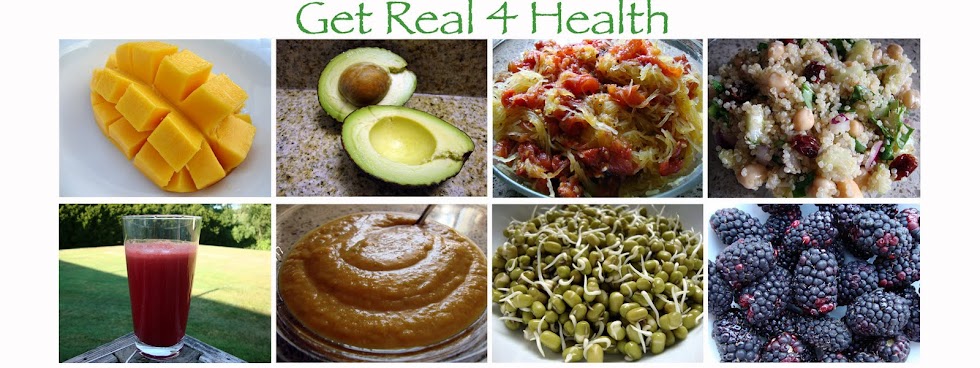
A while back, I tried some of Kaia’s sprouted, seasoned pumpkin seeds and fell in love with them. They were so tasty and because I also like to sprout seeds, I knew that they were a nutritious snack. “Why bother “sprouting” pumpkin or sunflower seeds?” you might ask. Why not simply eat them raw or roasted? There are a few really good reasons:
- Soaking begins the digestion process, which makes the seeds easier for your body to digest
- The sprouting process neutralizes toxic compounds and enzyme inhibitors that were originally produced by the seed to protect it during dormancy.
- Sprouting initiates a cascade of enzyme and nutrient production within the seed so that it can develop into a full-grown plant. Sprouts actually have a much more concentrated level of some of these nutrients than their full-grown counterparts, which is why I love to sprout broccoli and radish seeds as well as mung beans and lentils. It makes something that’s already good for you even better for you.
Soaked or sprouted pumpkin and/or sunflower seeds are simple to prepare and can be used a number of ways. They can be eaten as a snack, added to salads or grain dishes, or as a garnish for soups. Here’s a quick and easy to prepare them (the actual hands-on time is quick, that is)…
½ c raw sunflower seeds
½ c raw pumpkin seeds
clean, filtered water
1 - 2 T apple cider vinegar
1/2 t Himalayan or sea salt or to taste
Combine the seeds in a large jar and add enough filtered water to cover them completely. Seal the jar and allow the seeds to soak overnight or for 12 hours. Replace the water once if you can.
For soaking, drain the seeds and rinse them in a wire mesh basket, then dry then with a towel. Place them in a bowl, add the vinegar and salt and mix well.
For sprouting, place the seeds back in the jar and cover it with a nylon screen or cheesecloth. Invert the jar into a bowl and allow it to sit at room temperature away from direct sun or heat. Then rinse, drain, dry, and season as above.
Spread the seeds in a single layer in a baking dish and place in a warm oven*. Ideally, it should be no hotter than 115°F to preserve the enzymes. Allow the seeds to dry completely. It took ~2 hours in a warm oven. Cool and store in an airtight container.
You can see a demonstration of sprouting in my video below:
*If you have a dehydrator, great, then it’s perfect for these.
You can also add whatever spices and seasonings you'd like, such as:
- sea salt and garlic,
- curry spices,
- herbs like thyme, basil, and oregano with sea salt,
- or even a sweet version with cocoa powder, cinnamon, and honey or maple syrup

No comments:
Post a Comment